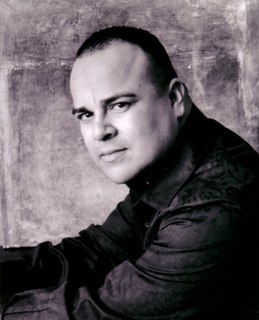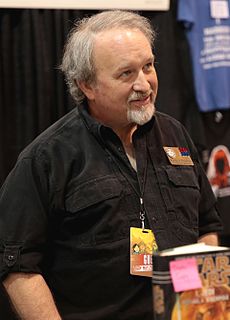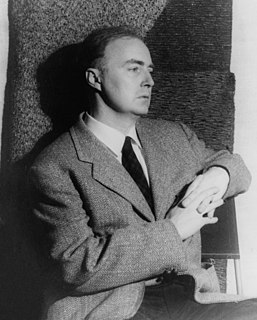A Quote by Rigoberto Gonzalez
Publishers have in-house editors, but I hire my own before I submit the work to publishers. They appreciate it and I feel more confident about the material.
Related Quotes
It's a shame publishers send rejection slips. Writers should get something more substantial than a slip that amounts to a pile of confetti. Publishers should send something heavier. Editors should send out rejection bricks, so at the end of a lot of years, you would have something to show besides a wheelbarrow of rejection slips. Instead you could have enough bricks to build a house.
Though the blame cannot be placed entirely on publishers, I do think a more diverse pool of editors would go a long way toward broadening the perspective. Our role is to work together to create books that act as wide-open doors - books that allow all children to walk through and feel safe enough to stay.
If everybody can author their own story, if media is democratizing because everybody can make a really good-looking website... that's the way we learn now instead of in books. It means that more people get to tell their own story in their own terms rather than having to go through publishers and editors and executives.





































